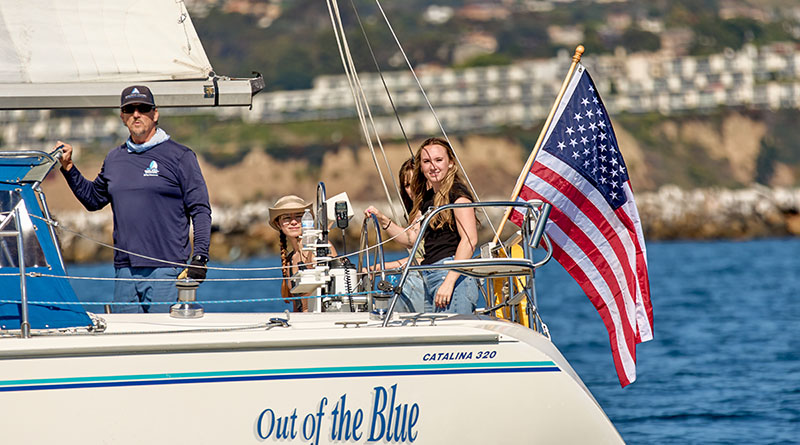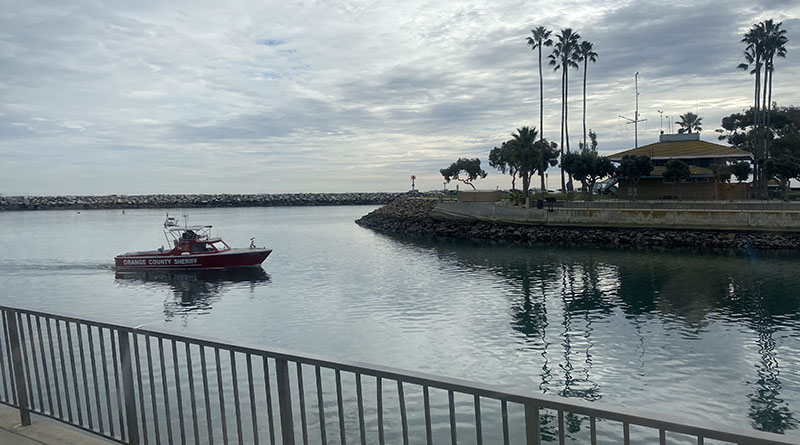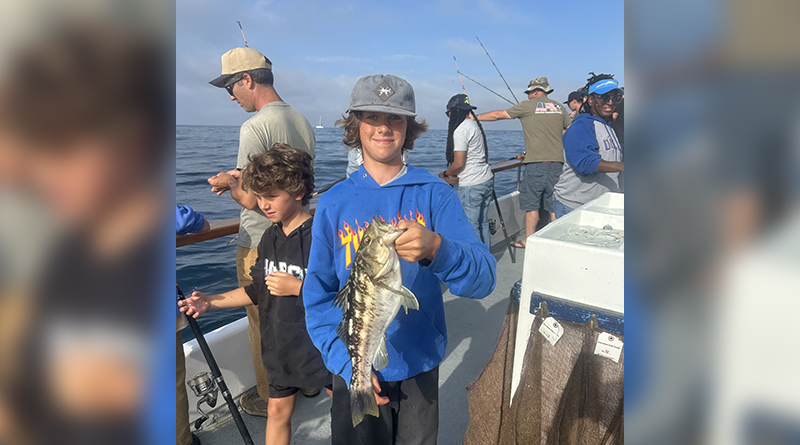Charlie Enright and his 11th Hour Racing Team sailed 586.36 nautical miles in a 24-hour time period aboard their IMOCA 60 Mālama. The team was racing in the depths of the Southern Ocean, west of Australia’s Cape Leeuwin, heading to Itajaí, Brazil, on The Ocean Race’s mammoth 12,750-nautical-mile Leg Three.
The team temporarily held the unofficial world record for a crewed IMOCA 60 but lost the record 24 hours later to skipper Kevin Escoffier and his HOLCIM-PRB team (now 595.26 nautical miles).
However, the difference between these two monohulls is where the story is at— impact quantification. It affects more than speed across nautical miles; it can change sailing’s future.
“Our mission is to build a high-performance ocean racing team, with sustainability at the core of all team operations, inspiring positive action among sailing and coastal communities, and global sports fans to create long-lasting change for ocean health,” says the Team’s website.”
This goal began with the design and building process of the Mālama. The team worked with the global-sustainability firm, Anthesis Group, to enhance the MarineShift360 life-cycle assessment tool. MarineShift360 is explicitly designed for the marine industry and can model carbon footprints, water-consumption requirements, and greenhouse-gas emissions for different design and build options.
MarineShift360 is available to the public and gives...







